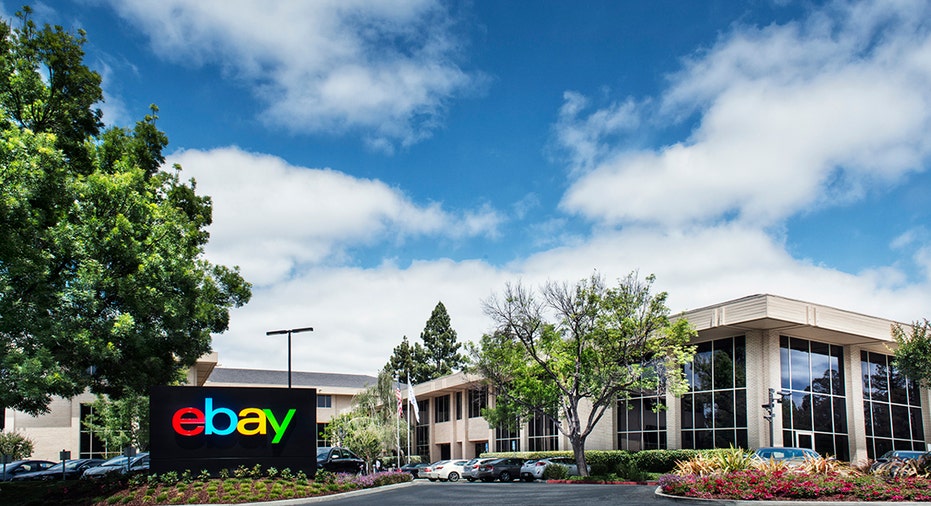eBay Reveals 3Q Earnings Beat

EBay Inc. said profit in its latest quarter fell less than analysts had expected, delivering a message that going it alone might not be as tough as Wall Street thought.
Shares of the San Jose, Calif., online marketplace jumped 8.8% to $26.35 in after-hours trading after the report.
The quarter posted Wednesday marks eBay's first as a stand-alone company without the benefit of payments firm PayPal's more consistent growth. Early in the quarter, eBay spun off PayPal as its own publicly traded company, a move it had fought when it was first proposed early last year by activist investor Carl Icahn.
EBay, meanwhile, has been cleaning up its business, selling off assets like its stake in Craigslist Inc. and its Enterprise division and shuttering its one-hour delivery service.
For the fourth quarter, eBay reported revenue fell to $2.1 billion from $2.15 billion a year earlier, which compares with analysts' estimates of $2.09 billion, according to Thomson Reuters.
Profit fell to $539 million, or 45 cents per share, from $673 million, or 54 cents a share a year earlier. Adjusted earnings of 43 cents a share beat analysts' consensus forecasts of 40 cents.
EBay is still struggling with the lingering effects of a data breach last year and a change in how Google Inc. shows search results. It also has shifted its focus from creating a catchall site to one for unique inventory.
EBay continues to be known as a site for auctions and vintage merchandise--even though the vast majority of sales are for new and fixed price items. Its relatively slower shipping times compared with some competitors remains an issue, as consumers come to expect same-day or even same-hour deliveries.
The retailer said it had 159 million active buyers on the site, up from the second quarter when it reported it had 157 million. That's an important figure for eBay because sellers may be choosing between sites based on where distribution can be the widest, as well as other factors like fees.
EBay expects to sell off its Enterprise unit, which helps other companies with their e-commerce sales, for $925 million by year-end. That's less than half the $2.4 billion in paid for the division four years ago.
By Greg Bensinger



















